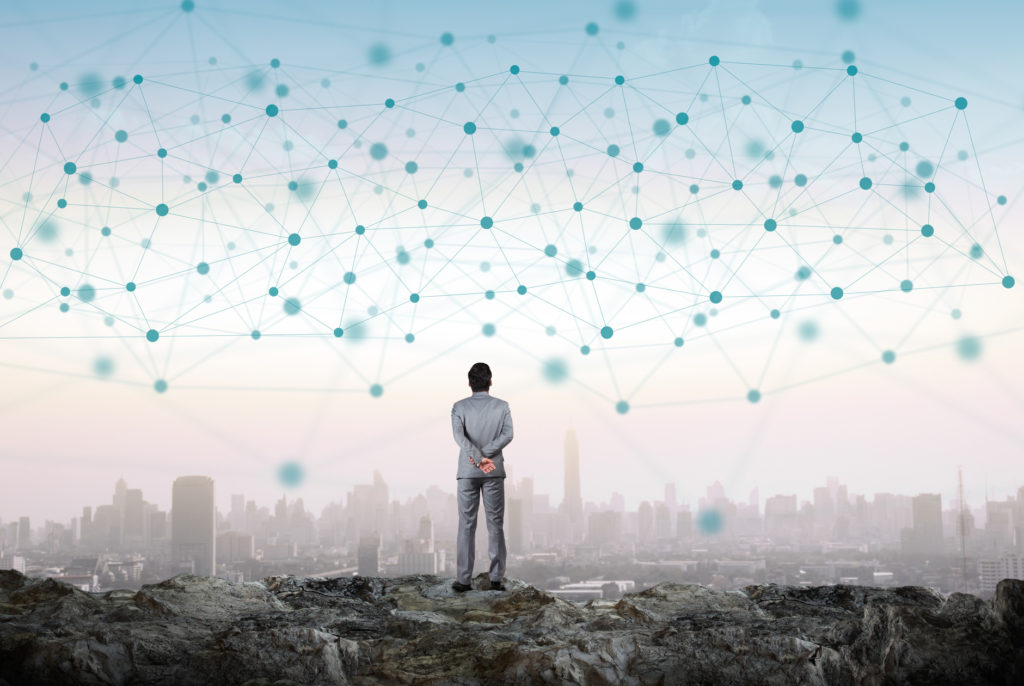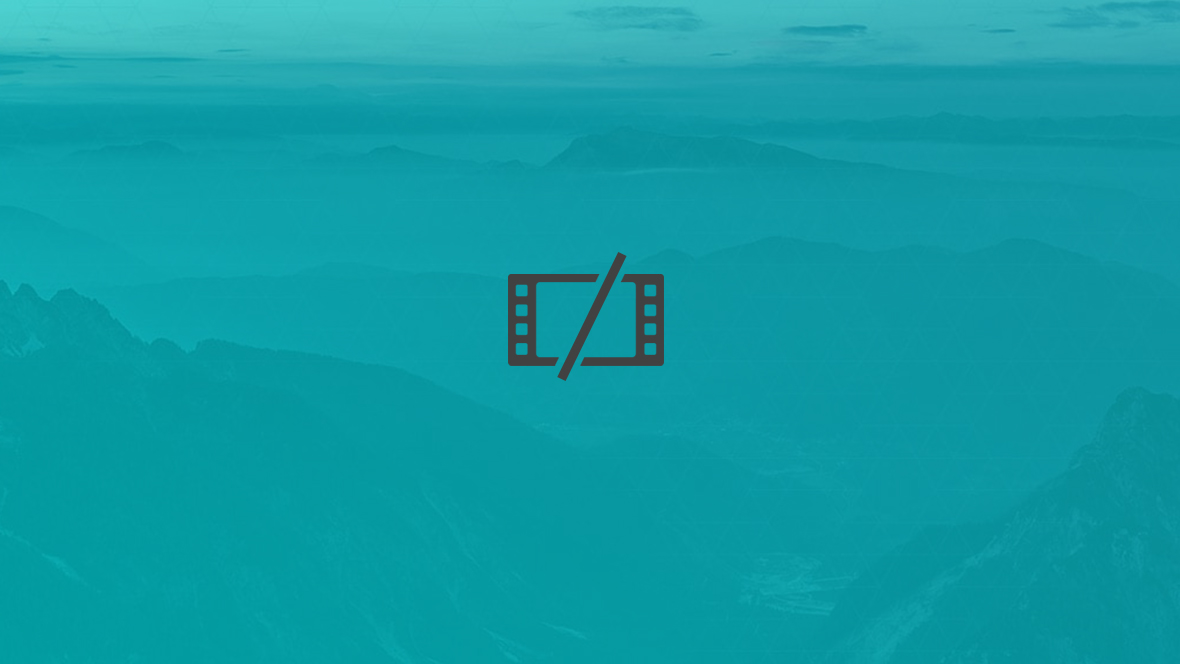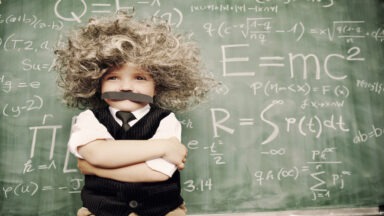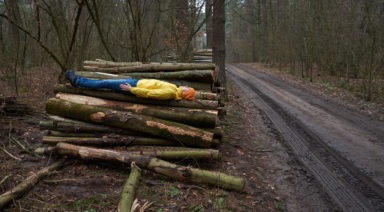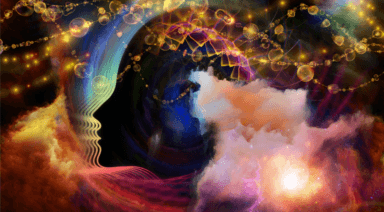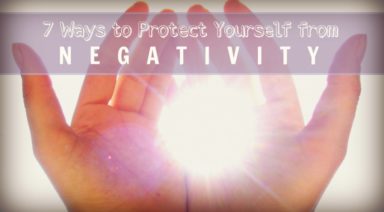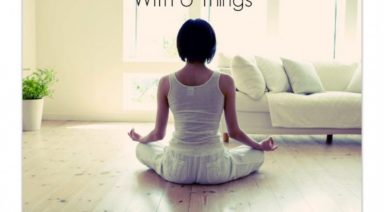5 Blockchain Applications That Could Change Society Forever

When most people think about the term “blockchain” their minds immediately go to cryptocurrency and bitcoin, but in reality, there are many different blockchain applications. As this technology continues to gain traction, it’s myriad uses will be used to solve and improve upon many institutions in our society from voting, to real estate, and electronic gadgets. So what is the blockchain exactly?
The Blockchain Explained
The concept of money is based on trust, or faith, in the system. We’ve all agreed that a centralized authority, in this case the government, will maintain stability in regulating money so it can be used as a tool for trade. The same goes with contracts upheld by law; a centralized institution is an arbiter that will make sure the terms of your contract are upheld. But with blockchain technology, that power can be distributed throughout many disparate entities, rather than one centralized authority, making it so that one entity can’t have all the regulatory power.
The blockchain, also called distributed ledger technology, is essentially a digital database managed by a decentralized system, consisting of a number of different computers, in lieu of a single centralized server. These different computers are referred to as nodes and all of them are connected in a randomized way.
As new information is put into the system, these nodes create a chronological ledger of that information that is agreed upon by the entire network. When new information is entered, it goes to one or several nodes that are then shared with the whole system. It also prevents a single node from censoring any information as the rest of the nodes would simply bypass any single node.
After a set of information is agreed upon by the whole network, it is grouped into a block and given a cryptographic signature. This signature is encrypted and secure, linking to the previous block and allowing for the next set of information to be put into a subsequent block in the same process. If a node changes information in a block with one of these signatures, every node would see that the block has been tampered with and would then invalidate that block as well as all subsequent signatures.
This type of consensus means that in order to tamper or manipulate the data, one would need to manipulate every node in a blockchain encryption system. So, the more you increase the number of nodes in the system, the more and more difficult it would become to manipulate the data. In a centralized system, one need only hack into a single computer database, rather than hundreds or thousands.
Blockchain Smart Contracts
Smart contracts are essentially an agreement between two parties that are written into code and then verified and agreed upon through distribution across a blockchain system. Once it’s been agreed upon in the blockchain it’s irreversible, transparent, and can be clearly traced. This prevents any single party from changing or manipulating the contract as all other parties in the blockchain would have a historical record of the contract and prevent it.
Once the rules of the smart contract are established, it is verified by the blockchain automatically. This is especially beneficial to financial transactions involving a number of parties that would normally have to go through a complicated and time-consuming process with a centralized organization.
The use of blockchain technology for smart contracts can cut down on costs associated with drawing up and verifying contracts, i.e. lawyer and bank fees. Online platforms have been developed to facilitate these contracts and have been estimated to cut costs by as much as 40 percent.
Blockchain for Voting
When it comes to voting, using the blockchain has a number of benefits. Creating a blockchain database for votes would ensure that tallies couldn’t been manipulated and that votes for candidates would be confirmed by a consensus of nodes in the system.
The blockchain could allow for digital voting from any location that has access to the internet. This concept could also be used to confirm that voters are who they say they are, eliminating voter fraud. At the same time, we wouldn’t have to wait in line for hours or leave work on Tuesday, wasting productivity. It could also help eliminate voter discrimination that disproportionately affects poor and minority voters. So how do we implement this?
This would work by creating a smart contract to represent each vote. Once that contract is validated on election day, the voter would sign the contract with a cryptographic signature, entering it into the ledger that tallies all the votes. A voter’s identity would be determined based on a unique, secure key like those used for cryptocurrency wallets and then masked from the group so that no one could see how you voted. One group has already developed an app with this concept.
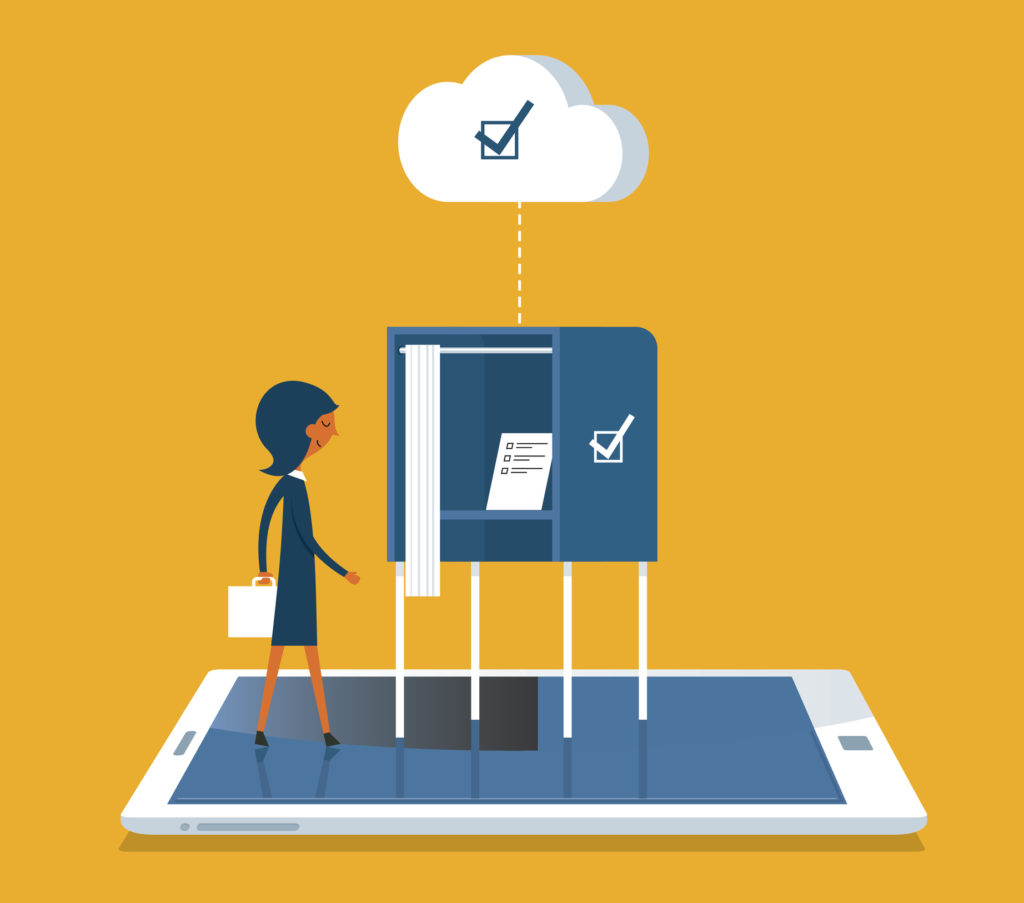
A non-profit organization, called Democracy Earth, has started to test the use of the blockchain as a voting tool. By using vote tokens like cryptocurrency coins, the blockchain can verify votes that are cast, while also adding a time signature to show when exactly they were cast.
One tool Democracy Earth is testing involves liquid democracy, a concept in which voters are able to vote on an issue directly (direct democracy) or give their vote to someone they believe will best represent their interests, like a friend or colleague one trusts who might have more knowledge on certain issues. This ideally creates a shared understanding and greater voter turnout on all issues, and it would be facilitated and secured through the blockchain.
Blockchain for Real Estate
Blockchain technology has the ability to expedite real estate transactions in a number of ways. One application would be for property title transfers. Instead of having to wait for a third party to secure and verify a title transfer, a blockchain encryption database could do it, cutting time and costs.
This could lead to the storage of all property related materials on the blockchain allowing for deeds, property records, surveys, etc. stored securely and digitally. This would cut the hassle of having to go through brokers, insurance agencies, banks and other institutions, or at least minimize dealings with them.
The amount of time and money that blockchain for real estate transactions will save for business and personal sales could be pretty substantial, and several different companies have started to facilitate this.
Blockchain IoT
The Internet of Things (IoT) refers to the way that all of our electronic devices are smart, or connected to the internet and each other. Our devices are becoming smarter and increasingly more convenient; they can accomplish more and more tasks for us while demanding less and less of our attention or input. However, this also comes with risk, as personal information can be divulged and privacy can be invaded.
With the blockchain, a record of how our devices are communicating can be entered into a distributed ledger so that we can monitor their behavior and make sure that they’re acting in a secure manner.
Not only can this prevent tampering with our devices from outside parties, but it also gives users piece of mind and trust that their devices aren’t sending information to non-secure sources.
But the IoT extends beyond just personal electronic devices. IoT has become relevant in a business and industrial sense when it comes to smart buildings whose energy consumption is managed by IoT devices. Using blockchain encryption to record and monitor energy use in buildings can provide insight and security from tampering.
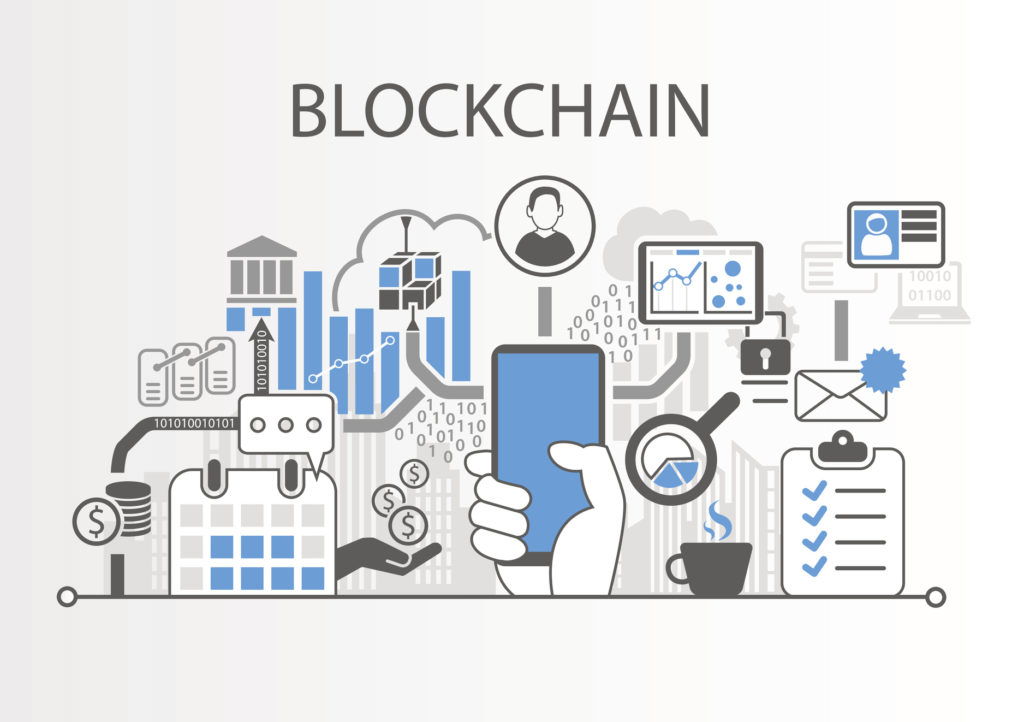
Blockchain Healthcare
By now, you can probably guess how the blockchain could benefit the healthcare industry by storing medical records and patients’ information on decentralized system that is easily accessible and secure. But it can also be used to track less obvious information like prescription drugs that are sold and distributed to doctors and patients.
Another application for blockchain healthcare has been seen through companies like Robomed. By using a distributed network, Robomed finds the most effective clinical pathway for a patient based on their needs. This allows for a focus on the outcome of treatments rather than the number of procedures to get there by using smart contracts to find a medical consensus of treatment. According to the company it eliminates the need for patients to worry about getting a better doctor, or feeling the need to get a second opinion. A consensus on a patient’s needs is already available within the company’s blockchain distributed network.
Another company, SimplyVital health, has used the blockchain as a tool to upload patient records onto their platform in order to allow that patient’s multiple healthcare providers easy access to who their seeing, what treatment they’re getting and how much it’s costing them, in order to help them reduce costs, while coordinating doctor visits and treatments.
Although the prices of cryptocurrencies are in constant, volatile flux, the seemingly endless uses for blockchain technology will continue to thrive and offer applications for a number of industries. It seems that traditional paradigms of security, information sharing, contracts, and money are about to change dramatically. It will be interesting to see what the next big blockchain applications will be to disrupt traditional industries.
Rituals for Honoring Mother Earth

Rituals help infuse intention and purpose into our day. They can teach us how to create mini-ceremonies out of everyday tasks and gradually build a sense of gratitude for everything and everyone in our lives. A ritual could be as simple as taking a moment each day to look up at the sky in appreciation for this vast universe we’re a part of or slowly sipping your water with the intent to nourish your body.
For the purpose of honoring and celebrating Gaia, Mother Earth, here are few rituals to help you form a greater connection with her:
Meditate
Find your sense of stability and balance with the Earth by practicing a grounding meditation or Root Chakra meditation.
-
- Find 10 minutes in your day for meditation.
- Find a quiet spot outdoors where you can comfortably sit on the earth.
- Connect your breath.
- Focus on the location of the root chakra and visualize the color of the chakra.
Enhance your meditation experience with: Essential oils- Myrrh, Patchouli, or Frankincense. Use a Mudra-Muladhara mudra. - Finish your meditation by bringing your hands to your heart in prayer and returning to your breath. You can also try closing out your practice by chanting OM.

